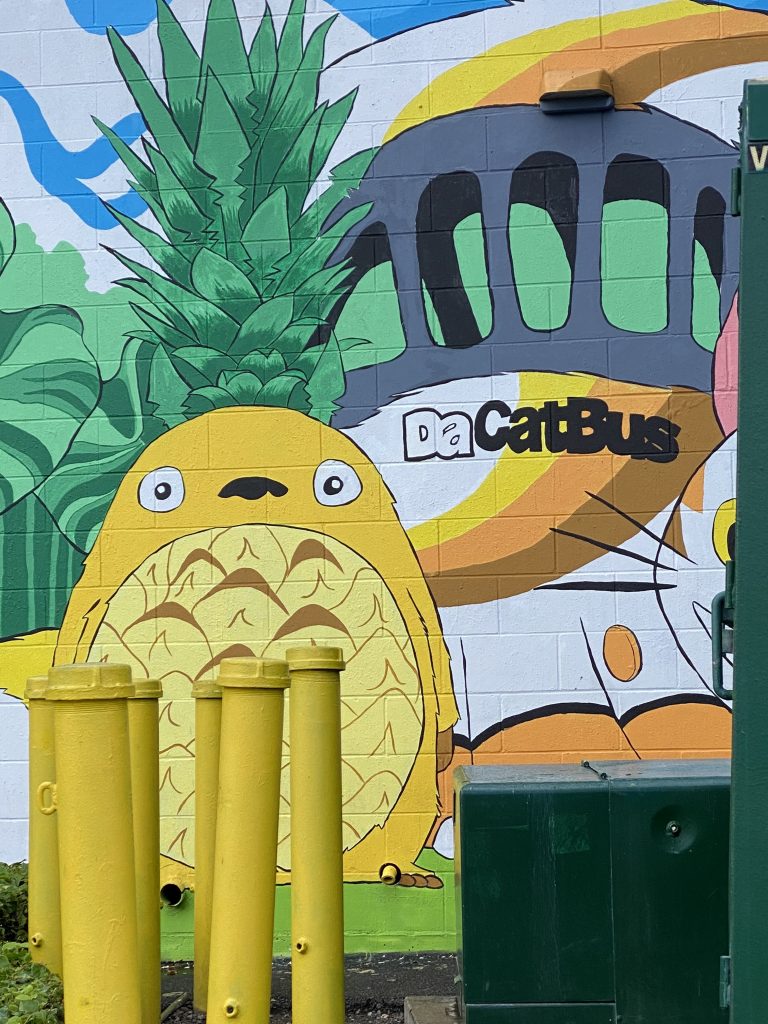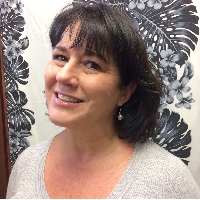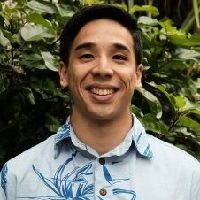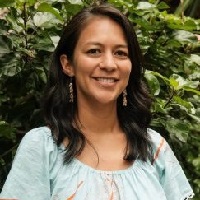Without sounding schizophrenic or at best, contradictory, I’d like to reflect on why it is important to do research on Pidgin. It is vital for local people to be more aware of Pidgin and to want to do research on this oftentimes controversial language. In particular, encouraging native speakers to do research on Pidgin increases the amount of discourse as well as the fullness of each discourse on this and related topics. At least at the beginning, it’s not so much the answers as the questions that will be developed as a result of an increased awareness and development of discourses that is so important to the well-being of this language. In turn this will greatly add to the identity of native speakers of Pidgin. What do native speakers contribute to a discourse about their own language? They are the only people who can provide an insider’s perspective that is very different from those who have grown up with dominant English or other languages.
On the other hand, there exists a lot of work and research that needs to be done. In fact, there will always be something to be done in the study of Pidgin. Therefore, we want to encourage outsiders to do research as well. Not only is this beneficial to the well being of Pidgin but will also add to the so-called legitimization of this language as a “worth subject” of investigation. Non-native speakers of Pidgin can provide a supplementary discourse about Pidgin that helps to keep things honest. That is, the inner discourse needs to bounce off of something. Insiders asking questions about outsiders research and vice versa, helps us to see that we often have blinders on. Otherwise we really don’t know if we are being honest in the discourse. There is always a need for several different discourses.
The trick has always been to achieve a balance.
(Kent Sakoda, Pidgin speaker from Kauai, Director of the Sato Center for Pidgin, Creole and Dialect Studies, co-author of Pidgin Grammar: An Introduction to the Creole Language of Hawai‘i (Bess Press 2003, see www.besspress.com), instructor for SLS 430 Pidgin and Creole in Hawai‘I, sakoda@hawaii.edu).




